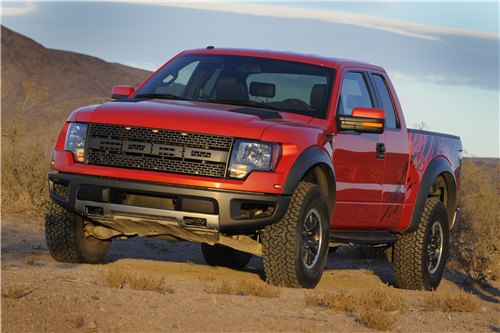Redline
Likes to Drive and Ride
I believe his comment about a 14 year vehicle was not that it's old and worn out in 2009, but that the technology/suspension design is old compared to what a new live-axle truck would feel and drive like (with coil springs). If not, that is my point 
Edit: [Oh, I was posting at the same time as Life in 4 Low, but it was his point ]
]
I have been spoiled and really like my coil springs front and rear on my 4Runner. I was leaning toward a Tacoma in 2006 but the ride of the coils on the 4Runner won me over on my first test drive. I'm not knocking the Tacoma, we are still thinking of buying one soon.
Edit: [Oh, I was posting at the same time as Life in 4 Low, but it was his point
I have been spoiled and really like my coil springs front and rear on my 4Runner. I was leaning toward a Tacoma in 2006 but the ride of the coils on the 4Runner won me over on my first test drive. I'm not knocking the Tacoma, we are still thinking of buying one soon.
I bought my 85 in 1985 and it was brand new. So I'm comparing a brand-new 1985 Toyota to my relatively-new (bought it in 2007) Tacoma. The Tacoma wins, hands down, in every single category: Comfort, power, off-road ability, etc. snip..........
Last edited:







